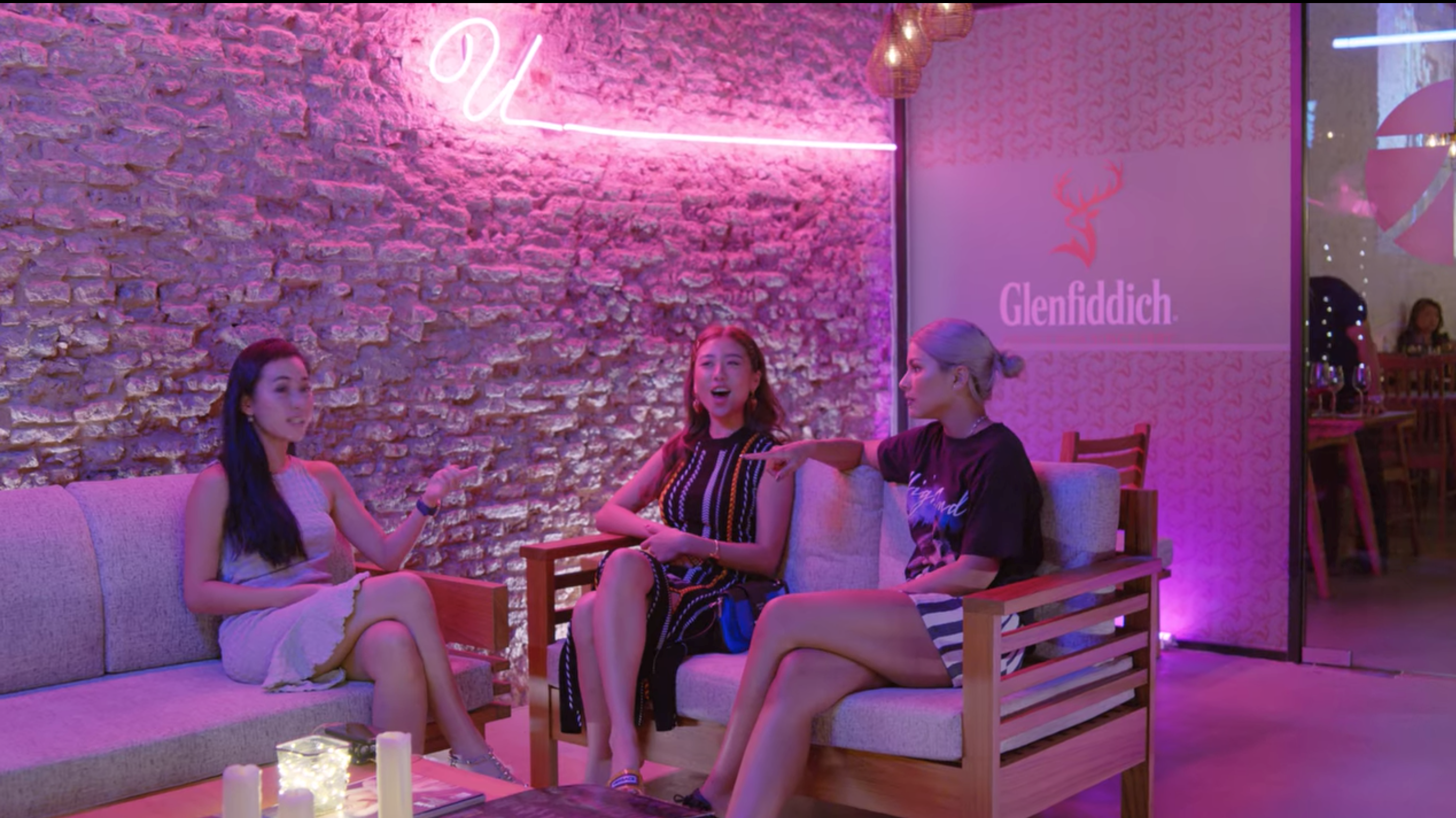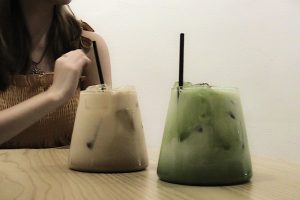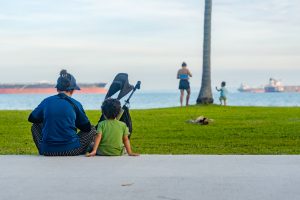One of the main complaints about Singapore Social is the complete absence of Singapore. The people in this reality show don’t speak Singlish or with a Singapore accent. They do not behave or dress like the average hawker centre patrons. Their lives of privileged intoxication bear no resemblance to the 9-to-5 reality as lived by most ‘Young Singaporeans’.
This is true, but I would argue that it’s completely irrelevant. Reality TV is not meant to be taken literally. This is not a documentary. Singapore Social is not supposed to be a definitive representation of ALL Singaporeans.
After all, the Kardashians are not overweight, debt-ridden, or addicted to opioid painkillers. Likewise, we don’t want to watch 40 minutes of a tissue-auntie getting ignored as she hobbles from table to indifferent table—that would be too much reality to swallow.
Singapore Social’s real problem, I think, is trying way too hard. The show tries so fucking hard to be hip and cool and ‘relevant’ that it reaches the point of strain. It is so eager—so desperate—to conform to conventional ideas of ‘cool’ that it backfires and ends up looking needy and kinda lame.
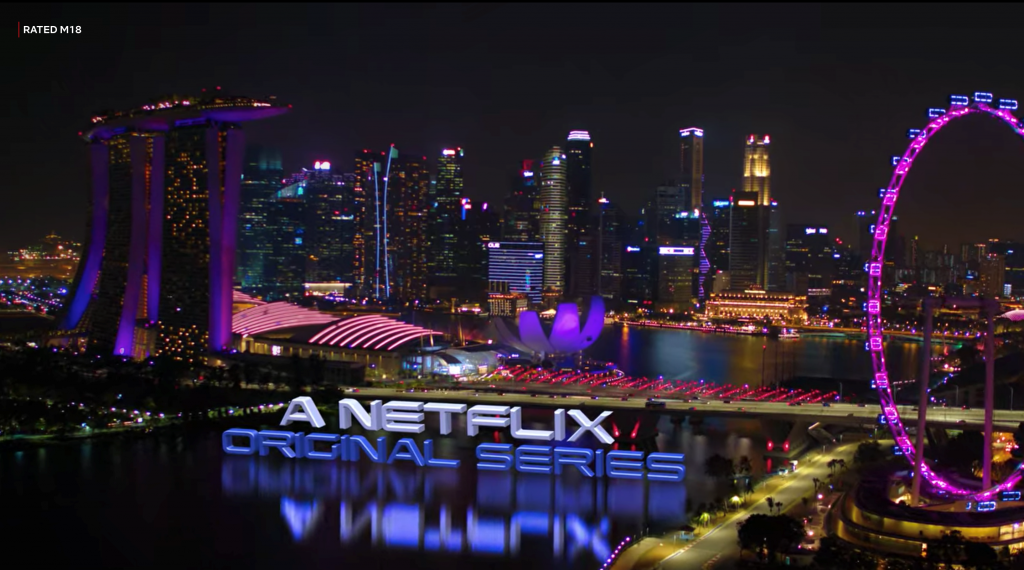
For starters, I’ve never seen a show with so many shots of Marina Bay Sands. There are more pictures of MBS in Singapore Social than there are images of Jesus Christ in Rome. Come on, Mr Director, do you lack imagination or did Singapore Tourism Board threaten to break your legs? Blink twice if the permanent secretary is pointing a SAR21 at your daughter. If not, stop admiring MBS from every angle. It’s beginning to feel a little pornographic.
This mildly-pornographic sensibility extends to the backdrops, the dialogue, and it even creeps into the music. Every scene—no matter however prosaic or workaday—takes place in a bar or a club. Not just any regular bar, but the type of hipster bar with neon typography and people snapping selfies in every corner.
If it’s too early for the bar, our characters will head to Tanjong Beach Club, or to the rooftop swimming pool of some CBD hotel.
It’s like some alternate universe where coffee carries the Death Penalty, and where all language has been reduced to post-Millennial cliches.
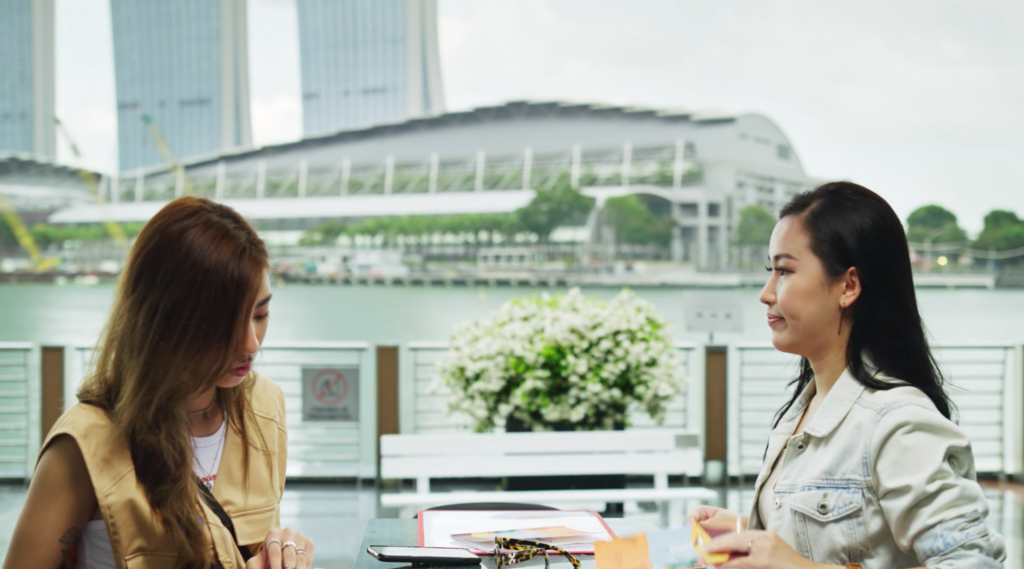
Not all of the dialogue is bad, but too much of it has the stilted, unnatural quality of people trying to improve a bad script. People are constantly talking about their complicated relationship issues, or how hard it is to fulfil their parent’s expectations, but the lady doth protest too much me thinks.
All in all, the conversation feels like they are ticking off from a checklist of trending topics from ‘#Asianparents’ to ‘#itscomplicated’.
Mae Tan (@marxmae) is exceptionally terrible in this regard. Most of her lines sound like some Google AI who’s been force-fed on a diet of drunk texts and TMZ. I mean, honestly, nobody says shit like ‘Pussy power is real tonight’ or ‘This is #hashtag Asian parents’. Also, how is Paul Foster like ‘The Mayor of Singapore’? I know you want to sound like one of those cool LA kids but this is just awkward for everyone involved.
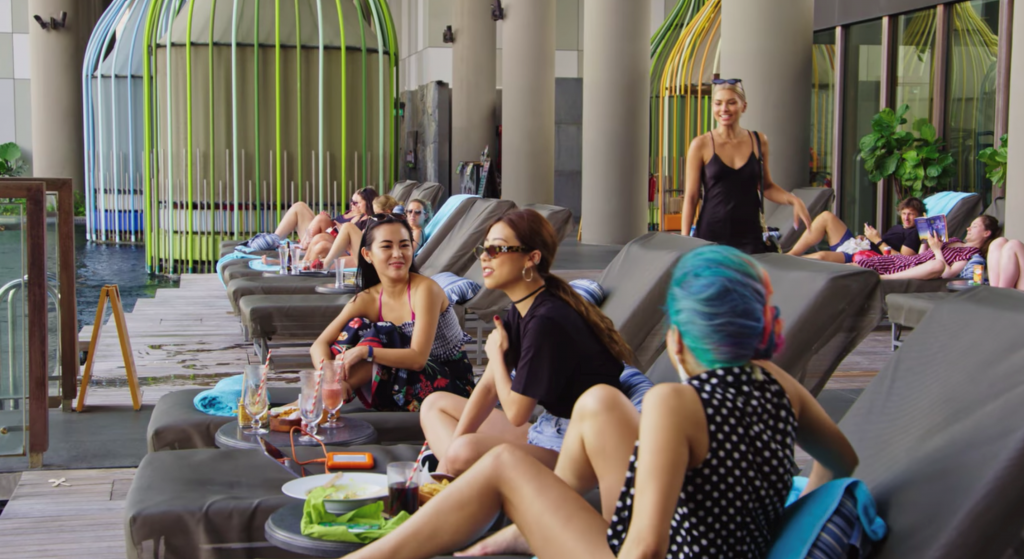
That being said, the show is not without its redeeming qualities. I don’t think it deserves the lynching it has thus far received.
Paul Foster, for example, is like a breath of 3 AM fresh air after leaving a stuffy nightclub. I enjoyed the scenes with Paul, his mom, and the family’s precariously-wobbly ceiling fan.
As a man who has recently moved away from his parents, I sympathise with his predicament. Empty-nest syndrome is real. On one hand, you can’t stay with your parents forever. On the other, you feel like a profound asshole because you know they’re pottering about at home, trying to fill the void with half-hearted hobbies.
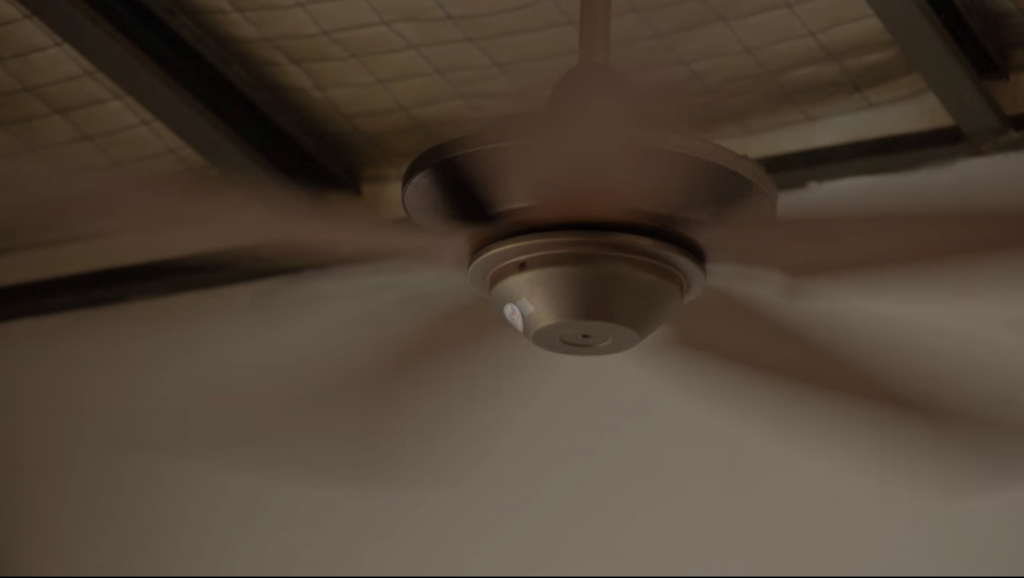
I wish there were more scenes of Paul fixing his balcony, or making Sukki Singapora look bad with his berms and flip-flops.
Vinny Sharp deserves some credit too, for the opposite reason. Many have called him a Grade-A douche-nozzle, but which reality show would be complete without one? A reality show with no hate-able villain is like a battalion without a sergeant major. It wouldn’t be able to function because all of the petty hatred and angst would fly everywhere, instead of being directed towards a single punching bag.
Love him or hate him, you really can’t do without him.
In short, what I’m trying to say is, I found the show no better and no worse than the usual Netflix binge-material. Its real problem is the word ‘Singapore’ in its title.
Representations of Singapore are so few and far between on the all-powerful western media platforms that every instance carries the undue burden of being the ‘final word’ on our nation.
To use a metaphor that will anger the social justice brigade, it’s not unlike the burden which all minorities inevitably bear. When you are the only Indian dude in a room of Chinese guys (or vice versa), you end up speaking for your entire race even when you don’t want to or mean to.
Singapore Social is like that proverbial Indian dude, who has to represent all of Singapore even though he’s really just here to fuck about and get wasted. Given our impossible—#Asianparent—expectations, how could it not disappoint? If we were America or Japan, the Singapore Social kerfuffle would have all the impact of a fart in a typhoon. Its sins, however egregious, would be quickly forgiven because it would be lost in the deluge of content. With the passing of time and the release of new shows, mistakes would be forgiven and forgotten.
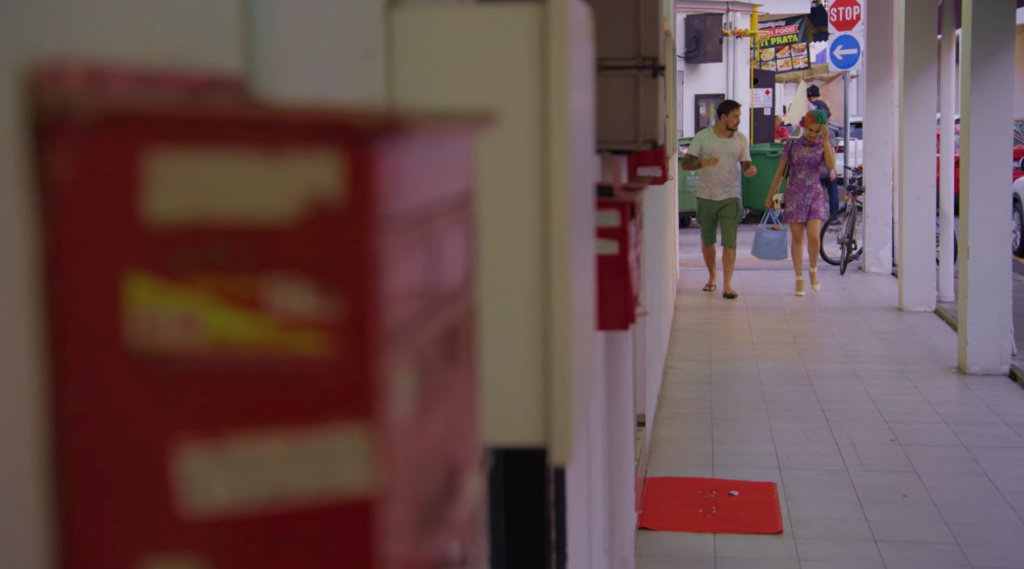
I like to call this the Crispy-Rendang problem. We get pissed off by Singapore Social for the same reason Malaysians got pissed off by the innocuous Crispy Rendang remark last year. Italians do not get pissed off when Jamie Oliver fucks up their pasta on a regular basis because there are too many Italian cooking shows—good and bad.
However, since Rendang or Malaysian cuisine does not get regular airtime on the BBC, the whole crispy rendang thing ends up defining the entirety of Malaysian food. In the same way, Singapore Social becomes the ‘defining’ image of Singapore, at least in our imagination. In our mind, it takes on the symbolic importance usually reserved for national monuments.
However, it doesn’t necessarily have to be this way. This won’t be the last show about Singapore, and there will be others. I look forward to a new and improved Season 2.
What would you like to see in Singaporean reality show? Tell us at community@ricemedia.co

